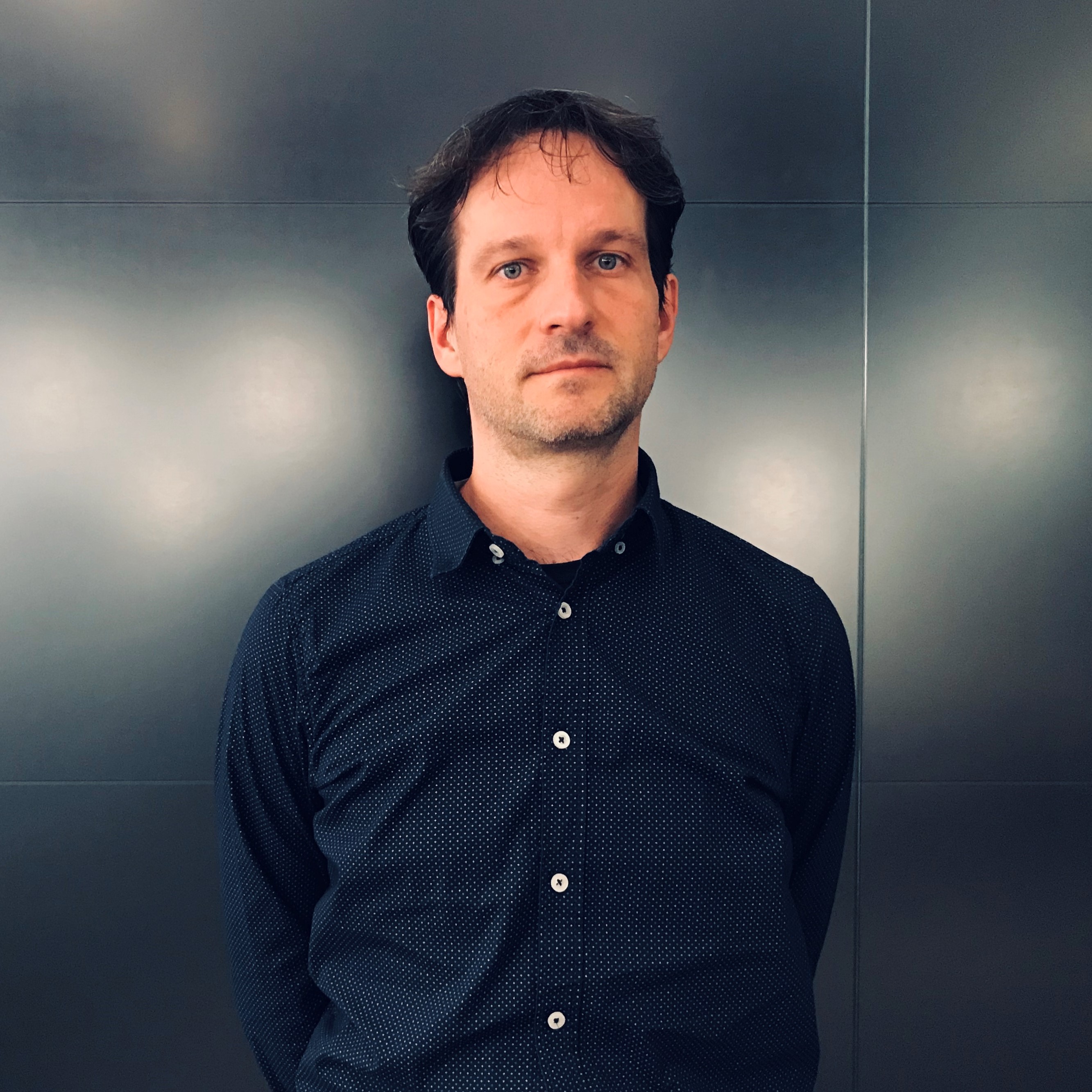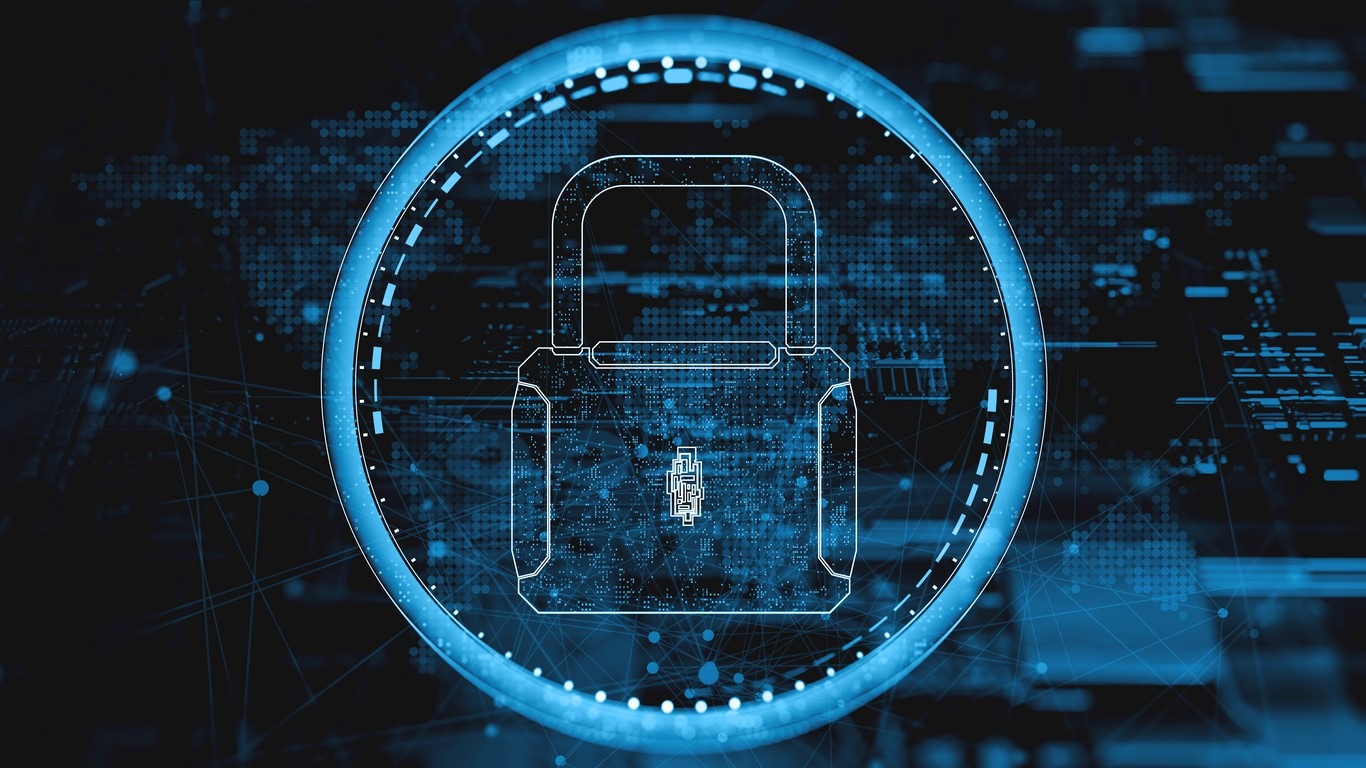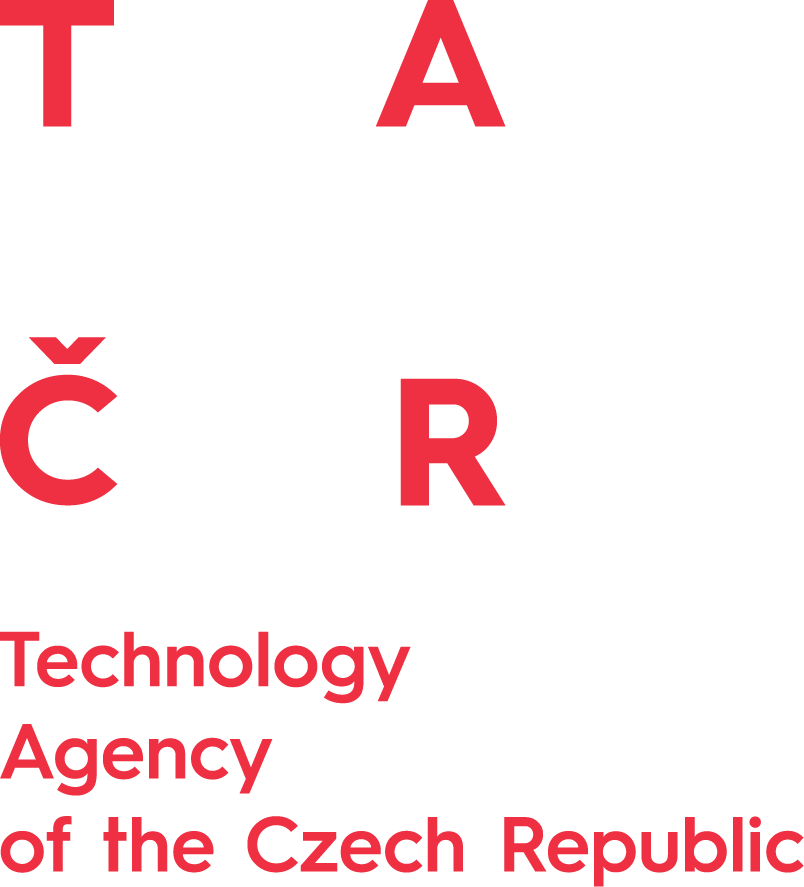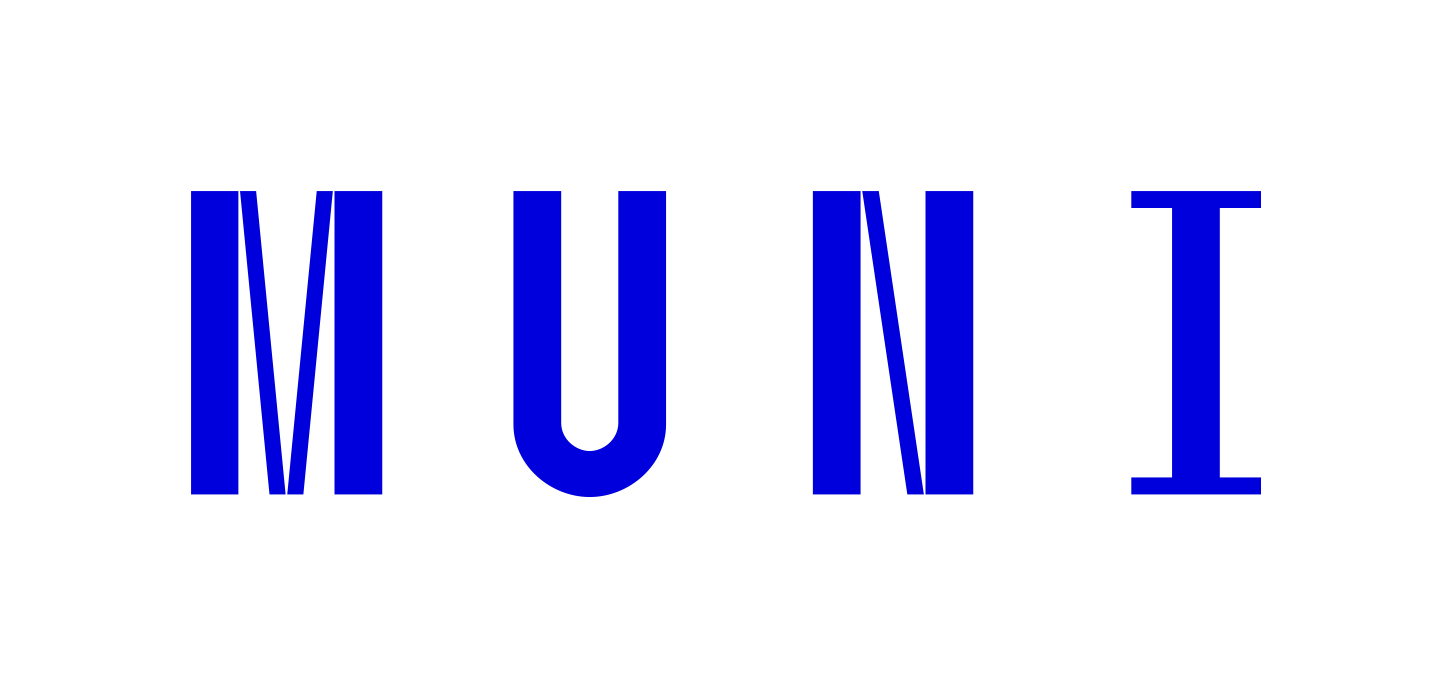
RNDr. Daniel Kouřil, Ph.D.
Senior security researcher - CSIRT MU

Digital forensics aims at collecting and analyzing of evidence from digital devices, which helps investigate computer incidents. Digital forensics encompasses many domains of IT systems; this course will focus on forensics of computers.
The course is designed for juniors in cybersecurity to learn basic principles how to identify and collect data from a computer system and perform the subsequent analysis. The course is aimed at two main target audience groups. The system administrator will perceive the importance of proper evidence gathering and learn basic techniques. The junior forensics investigator will obtain fundamentals for analysis of various data available from a common computer nowadays.
The course will start with basic principles important for computer forensics, which will be followed by more detailed description of typical areas that are crucial for forensics. The course will address processing of information from filesystems and introduce basic analysis of MS Windows and Linux systems and relevant memory structures and executables. Forensics of common user and server applications will also be covered.

Senior security researcher - CSIRT MU
Sub-project TN01000077/8 CSIRT BootCamp implemented within the project TN01000077 The National Center of Competence for Cybersecurity is solved with the financial support of TA ČR.

